Among the various charging options available, the J1772 and CCS (Combined Charging System) connectors stand out. While both connectors are designed to provide efficient power to electric vehicles, they differ in terms of functionality and compatibility. This guide will delve into the nuances of these two connectors to address your concerns.
What is CCS?
The Combined Charging System (CCS) is a robust charging solution designed to facilitate rapid electric vehicle charging. It integrates conventional AC charging with the capability of swift DC charging. Its adoption spans across major automotive markets including North America and Europe, with key manufacturers like BMW, Volkswagen, and Ford backing this standard.

Benefits of CCS
-
Accelerated Charging: CCS connectors expedite the charging process through high-speed DC charging capabilities.
-
Growing Accessibility: As CCS-equipped vehicles become more prevalent, accessibility to corresponding fast-charging stations is on the rise.
-
Dual Charging Compatibility: Offering versatility, CCS connectors accommodate both AC and DC charging, suiting a variety of charging demands.
What Is J1772?
Commonly referred to as the Type 1 connector in North America, the J1772 is a staple for AC electric vehicle charging. It's the preferred interface for a wide range of EVs, facilitating reliable charging at home and public stations alike.

Benefits of J1772
-
Universal Support: The J1772 connector is almost universally accepted by EVs in North America for Level 1 and Level 2 charging.
-
User-Friendly: Designed for ease, this connector features a straightforward operation and built-in safety mechanisms to prevent electric shock.
-
Cost Efficiency: Generally, J1772-based charging equipment is more affordable than its DC fast-charging counterparts.
Difference Between J1772 and CCS
Connector Design and Compatibility
-
J1772: Utilizes a five-pin configuration primarily designed for AC charging, featuring a robust locking mechanism and weather-resistant build suitable for everyday use.
-
CCS: Adds two additional pins to the standard J1772 design for DC fast charging, supporting both AC and DC charging and accommodating higher power throughput for rapid charging needs.
Charging Speed and Power Output
-
J1772: Caters to daily charging needs with a maximum output of 19.2 kW, ideal for home and overnight charging.
-
CCS: Supports a wider range of power outputs, from 50 kW to over 350 kW, significantly reducing charging times at fast-charging stations.
Adoption and Future Viability
-
J1772: Predominantly used in North America for Level 1 and Level 2 charging, with widespread adoption due to its early introduction.
-
CCS: Gaining global traction, especially in Europe and Asia, supported by a consortium of automakers, and positioned as a future-proof standard for fast charging.
Cost Implications
-
J1772: Typically incurs lower costs, both in terms of equipment and installation, suitable for budget-conscious consumers.
-
CCS: Involves higher initial costs due to its complex design and dual functionality, reflecting its capability to handle rapid charging.
Vehicle Compatibility
-
J1772: Standard across most non-Tesla EVs in North America, ensuring broad compatibility for domestic users.
-
CCS: Increasingly adopted by a diverse range of global manufacturers, recommended for new EV buyers looking for a universally compatible charging solution.
Safety Features
-
Both connectors feature advanced safety mechanisms. J1772 is noted for its reliable safety in various environments, while CCS includes enhanced safety measures to manage the higher risks associated with fast charging, such as improved insulation and cooling systems.
How Do You Know Which Type Your Car Fits?
To ensure you're using the right charging infrastructure for your electric vehicle (EV), you need to know whether it uses a J1772 or a CCS connector. Here's how to find out:
Check Your Vehicle's Manual
Your car’s manual is the first place to look. It will clearly state which type of charging connector your EV uses along with some specifics about its charging capabilities.
Manufacturer’s Website
For the latest details, visit your car manufacturer’s website. Just enter your vehicle model, and you'll access comprehensive information about its charging system.
Look at the Charging Port
You can tell by looking at the charging port:
-
J1772 Connectors have a round shape with five smaller pins. It’s the standard connector for Level 1 and Level 2 charging in North America.
-
CCS Connectors look similar but include two additional large pins below the main connector, which are used for fast DC charging.
Ask Your Dealer
If you’re still not sure, your local dealer can quickly tell you which type of connector your vehicle uses and guide you on where and how to charge it most effectively.
Identifying your EV's connector type is simple and helps ensure that you're charging as efficiently as possible, keeping your vehicle ready and reducing wait times at charging stations.
Conclusion
The J1772 is widely used in North America for reliable, economical everyday charging, while the CCS is used for higher power throughput and faster charging capabilities. By understanding the capabilities and limitations of the types of connectors that come with your EV, you can improve charging efficiency, effectively manage your vehicle's power needs, and ensure a smoother, smarter EV experience.
Discover Autel Energy's top-of-the-line AC EV chargers suitable for both home and commercial use. Our chargers offer reliable, efficient charging solutions designed to meet your needs. Whether you're equipping a private garage or setting up commercial EV chargers for a business, Autel Energy provides the tools to keep your electric vehicles ready and powered. Explore our selection and find the perfect charging solution at Autel Energy. Enhance your charging infrastructure today and ensure you're always charged up and ready to go!
FAQs
Can I use a CCS charger if my car is equipped with a J1772 connector?
No, vehicles with a J1772 connector can only use J1772 charging stations for AC charging. CCS chargers are not compatible with J1772-only vehicles because CCS includes additional pins for DC fast charging. However, most vehicles that support CCS charging can also use J1772 chargers because the CCS port includes a part for the J1772 connector.
Are there adapters available to convert between J1772 and CCS?
While there are adapters available that allow CCS-equipped vehicles to charge at J1772 stations, the reverse—using a J1772-equipped vehicle at a CCS station—is, is not typically supported due to the additional pins and higher power requirements of CCS charging.
What should I consider when installing a home charging station?
Consider your vehicle’s charging specifications and your typical daily mileage. If a Level 1 charger suffices for overnight charging, it might be the most economical choice. For faster charging or if you have a longer commute, a Level 2 EV charger would be more appropriate. Also, factor in future-proofing your installation: as more vehicles adopt CCS and technologies advance, installing a versatile charger might be a prudent choice.
For more insights into the evolving landscape of EV charging technologies, consider exploring these articles:
-
NACS vs. CCS: What's the Difference? - Dive deeper into the key distinctions between these two charging standards to better understand which might suit your needs.
-
What is the NACS? - Get a comprehensive overview of the North American Charging Standard (NACS) and its impact on the future of electric vehicles.

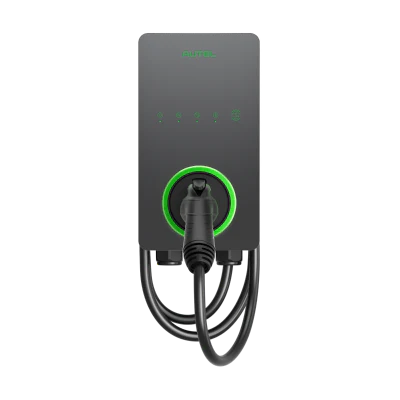
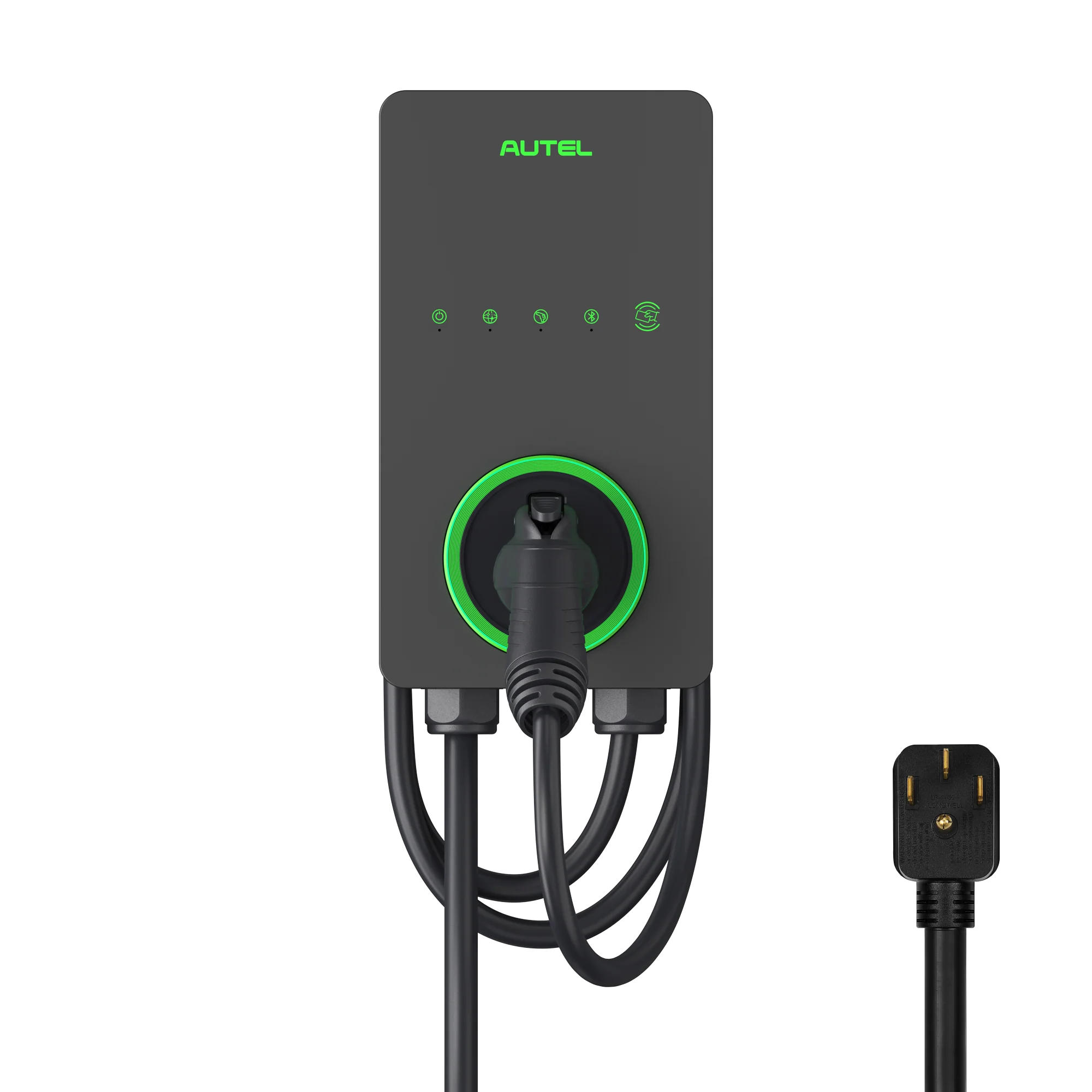
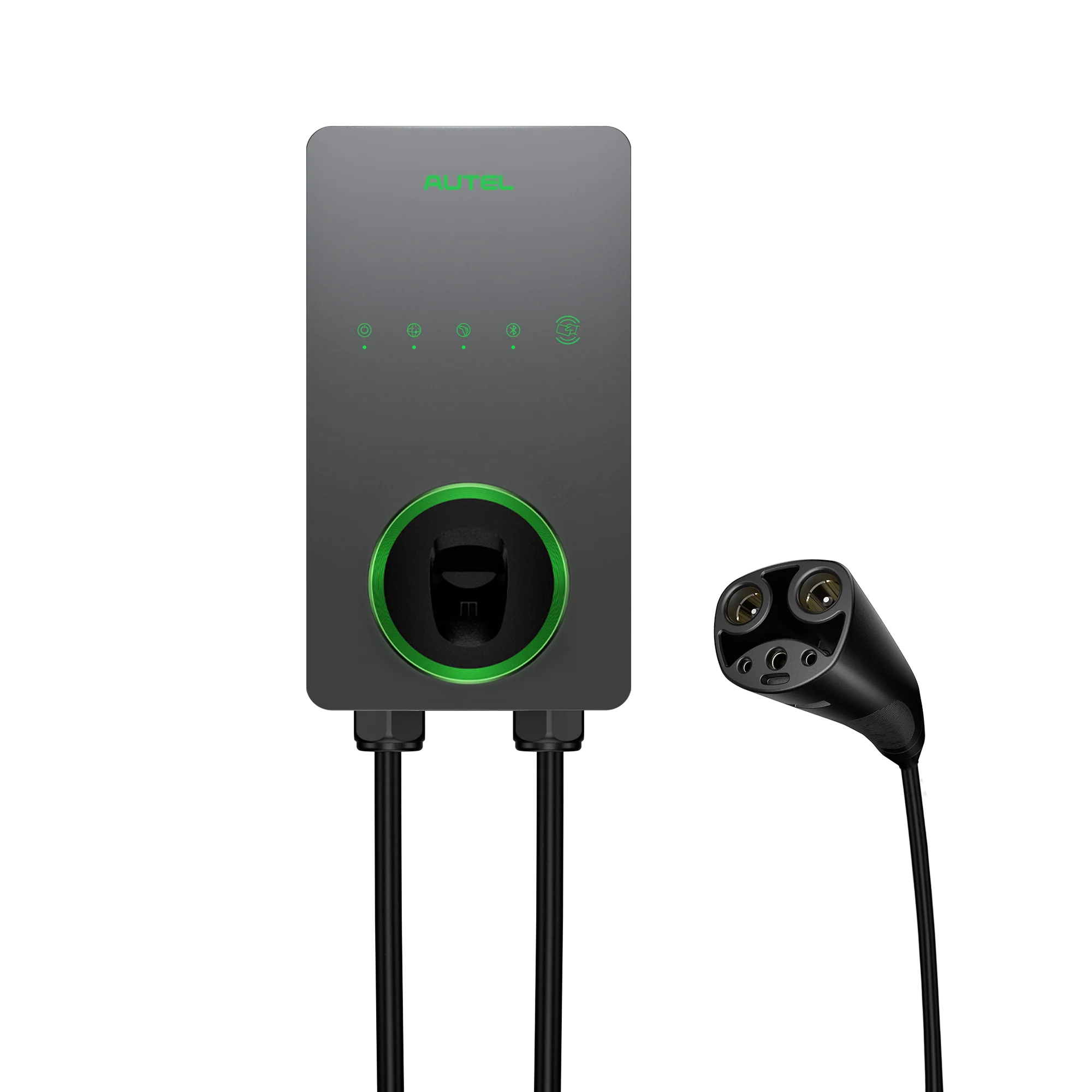
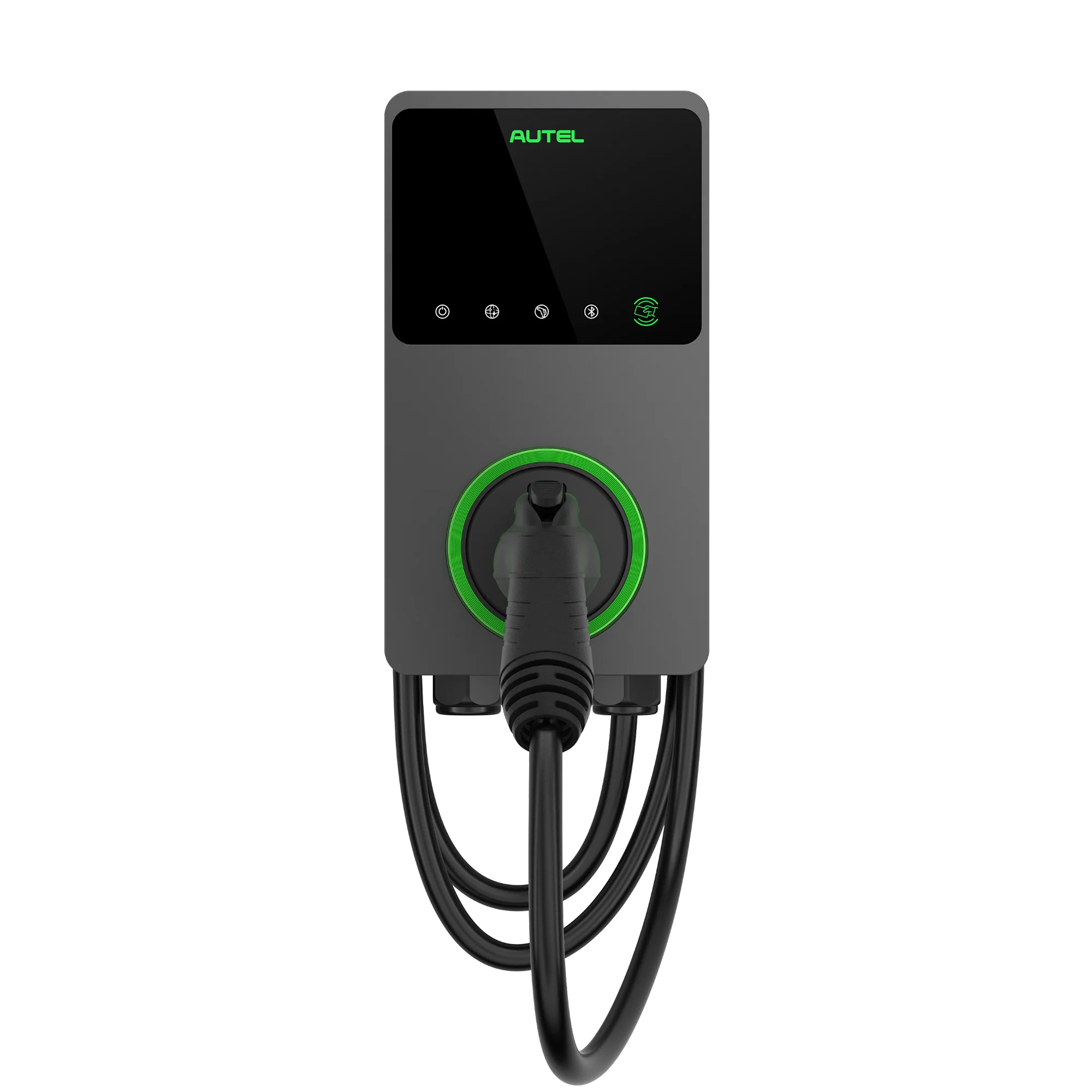
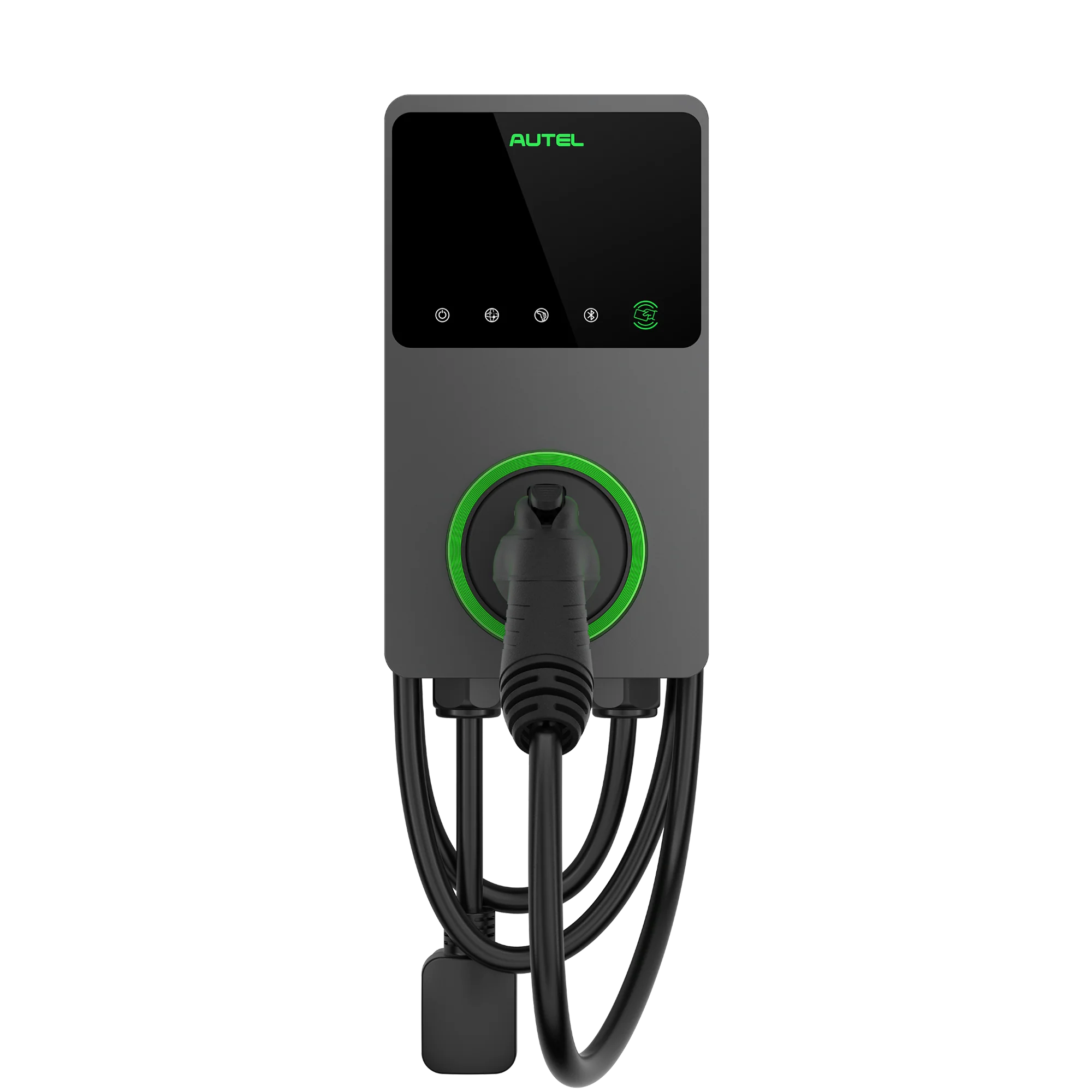
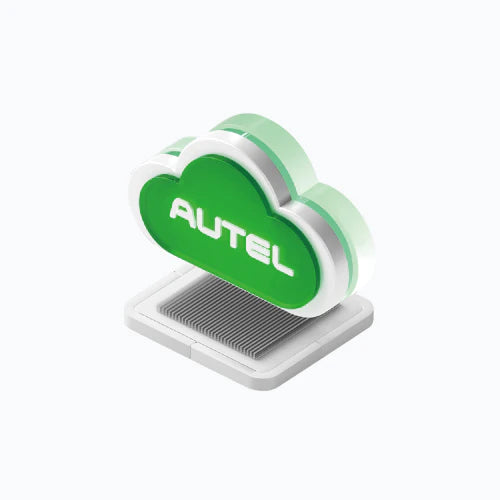
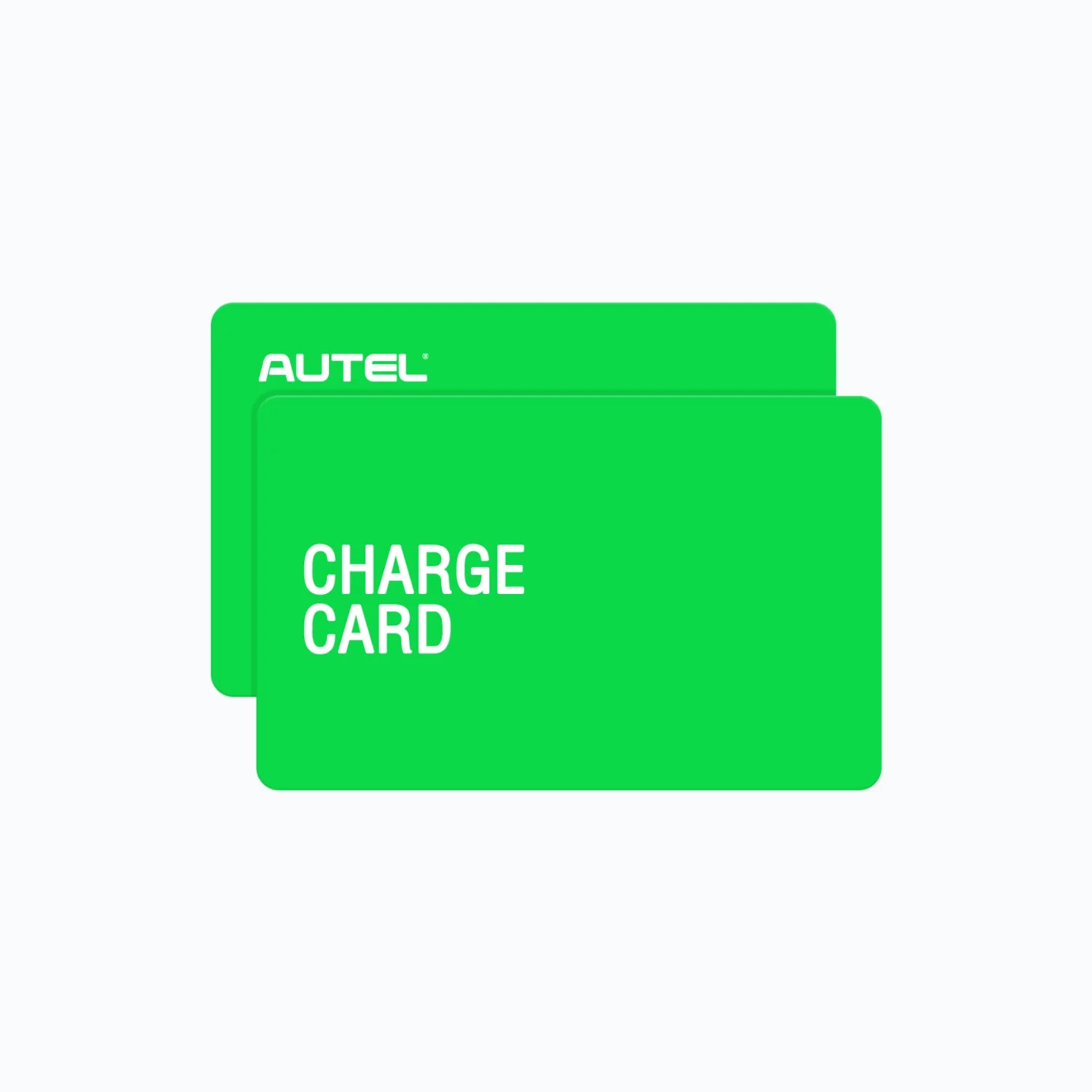
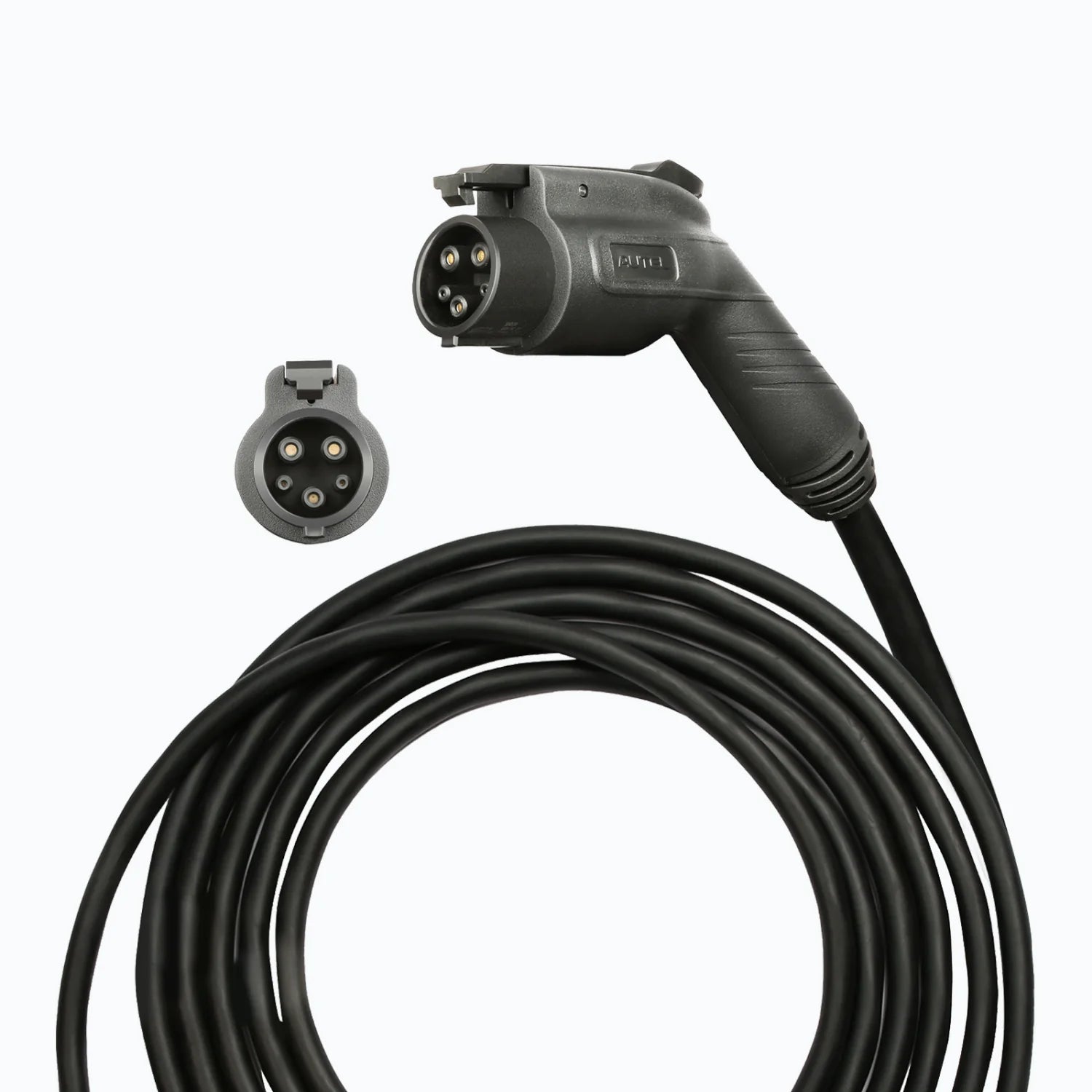
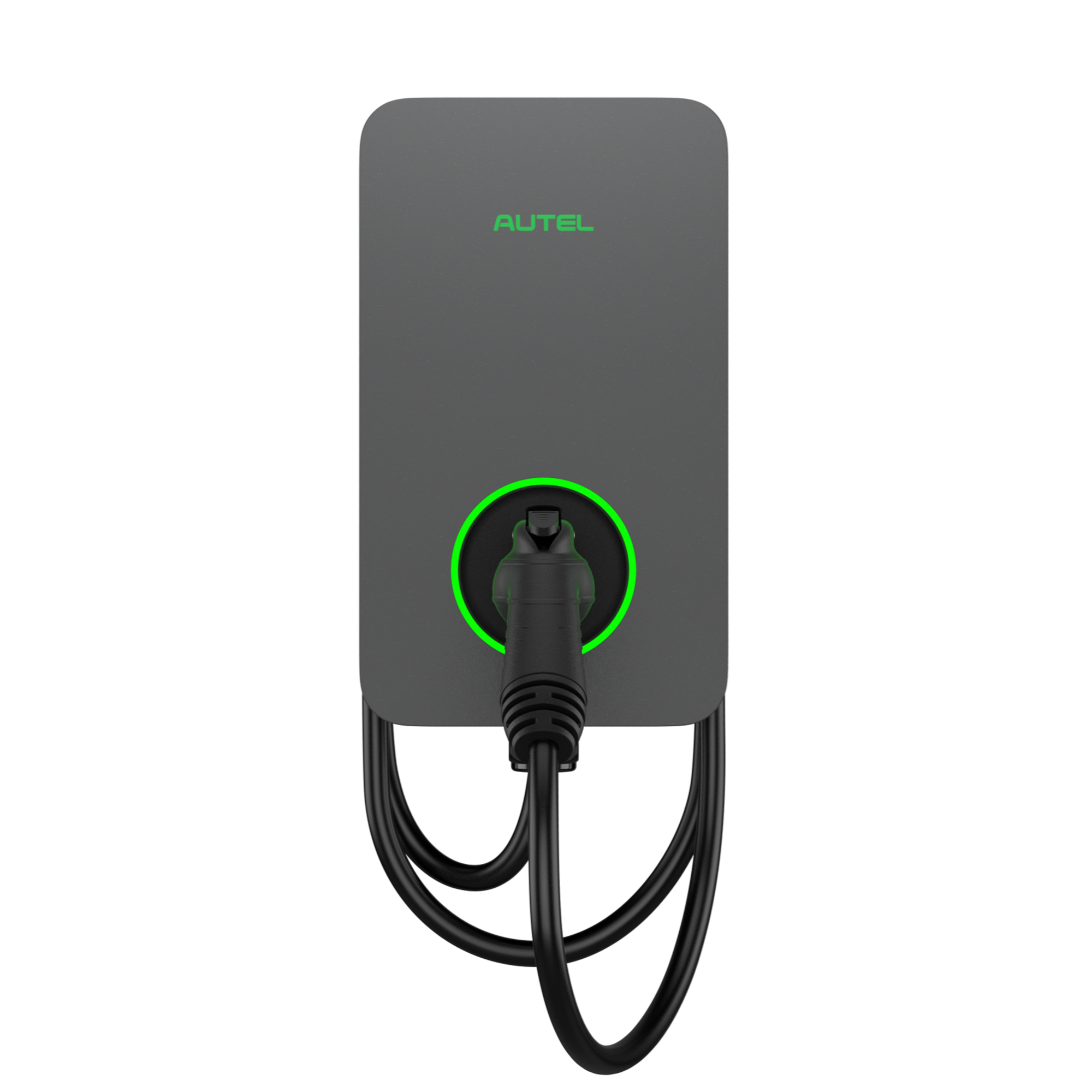

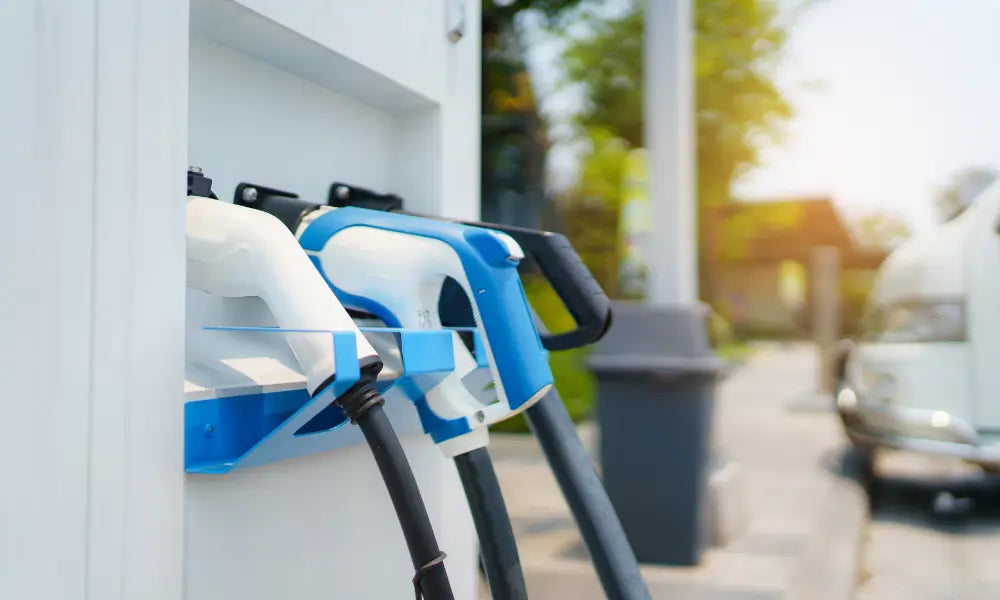
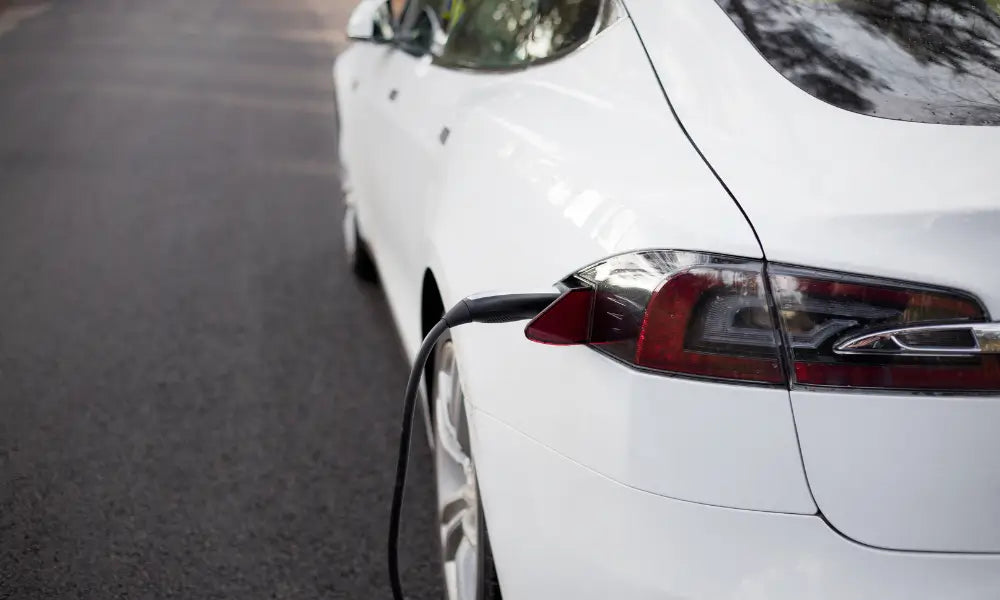
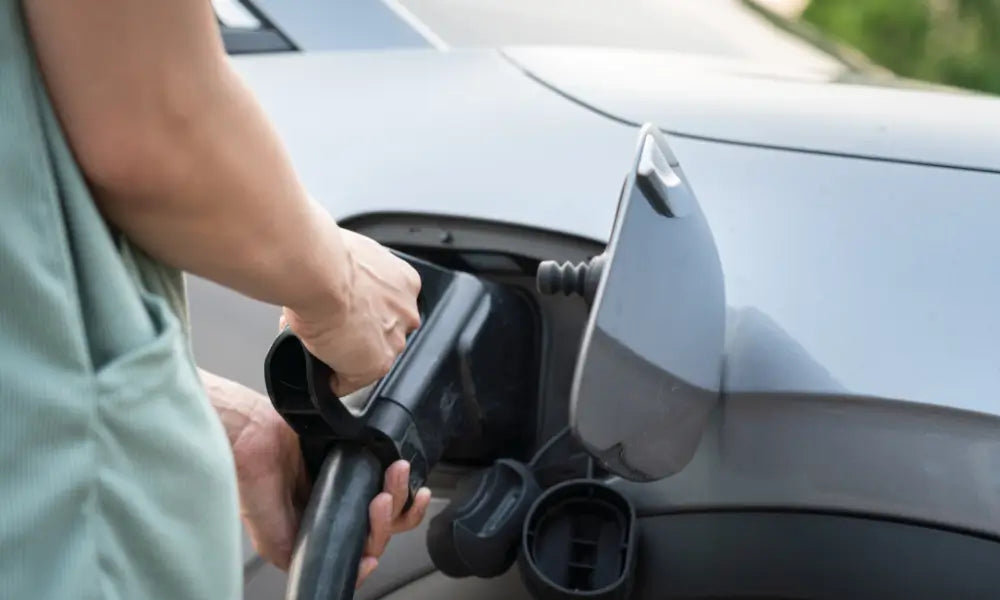
Leave a comment
All comments are moderated before being published.
This site is protected by hCaptcha and the hCaptcha Privacy Policy and Terms of Service apply.